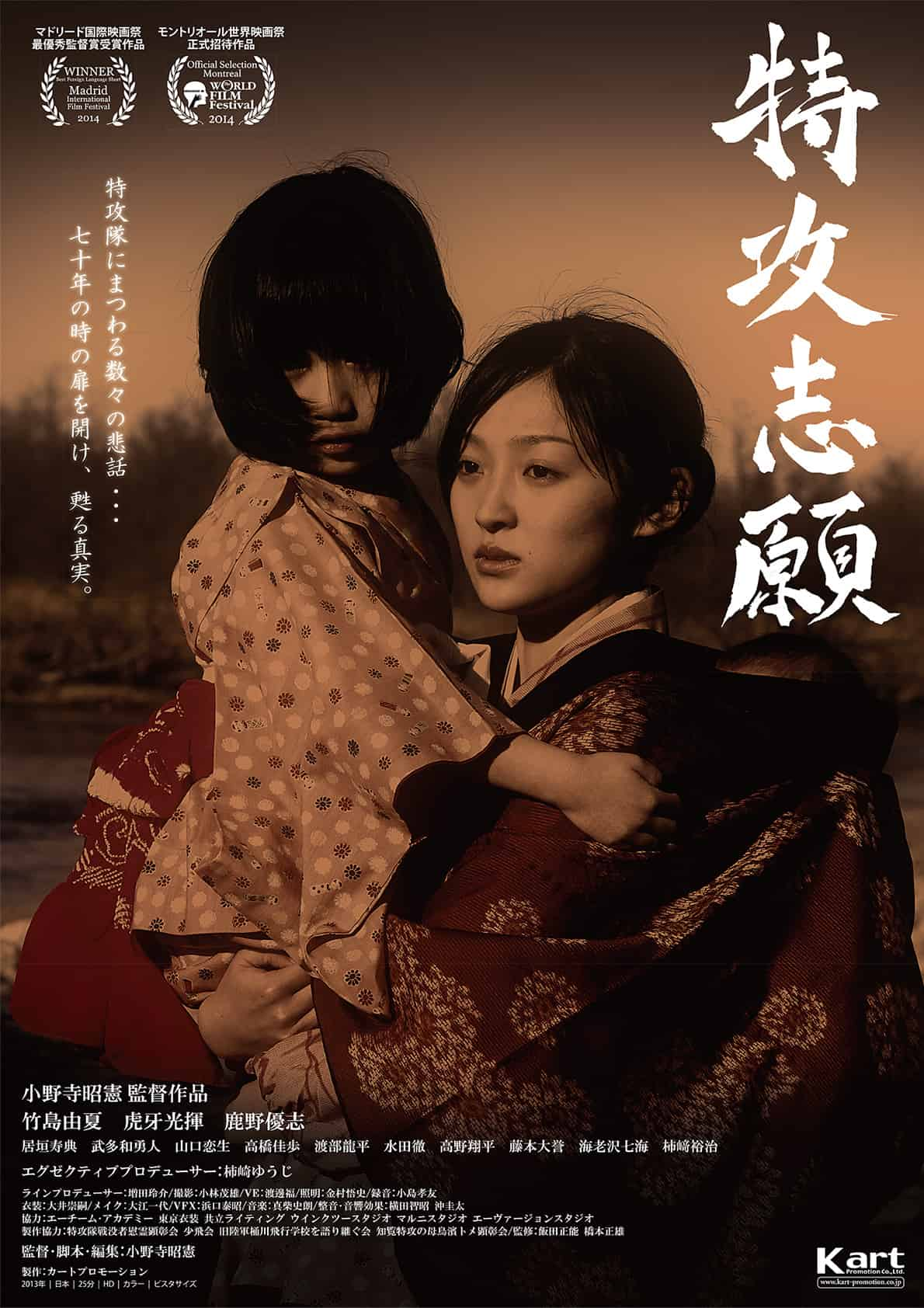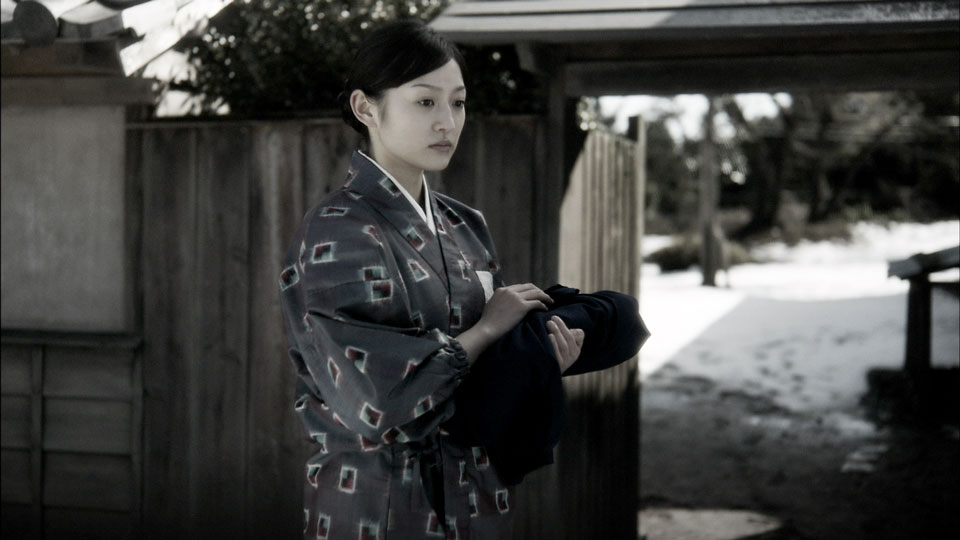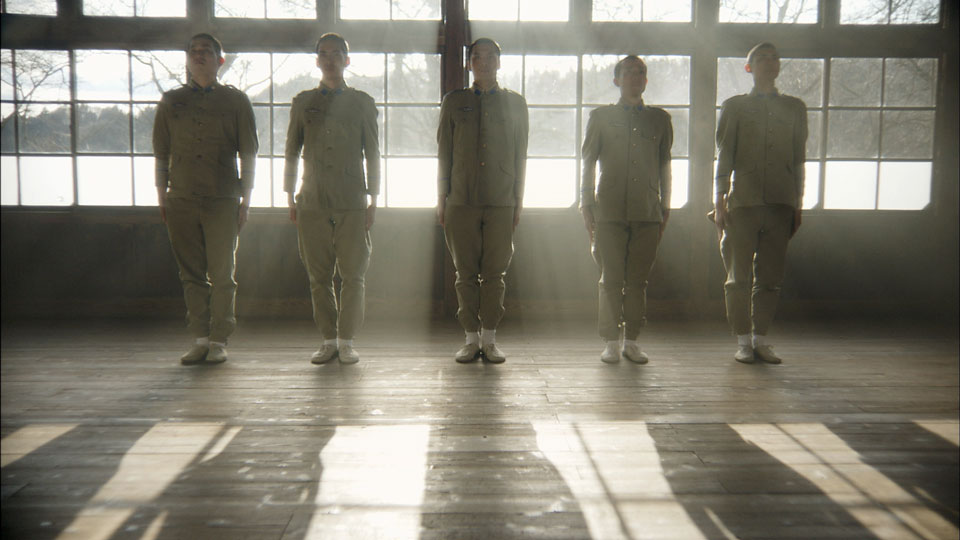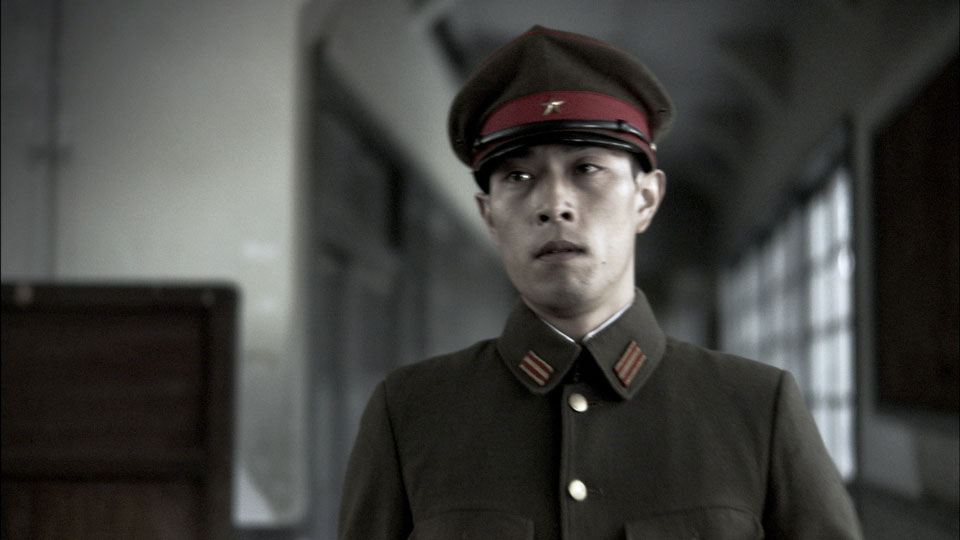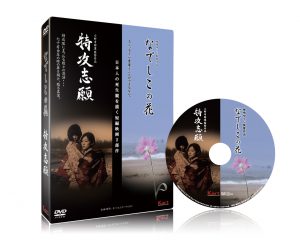Executive Producer
Yuji Kakizaki
Director
Kensho Onodera
Screenplay
Kensho Onodera
Cast
Yuka Takeshima , Yuji Shikano
Award
Montreal World Film Festival 2014 Official Selection
CineRockom International Film Festival 2015
Supporting Actress Diamond Yuka Takeshim
Production Design Gold Kensho Onodera
Best Young Artist Awards Silver Kokona Yamaguchi
Madrid International Film Festival 2014 WINNER Best Director Award
Delhi Shorts International Film Festival 2013 WINNER Best Short Film Award
Best Director Award Kensho Onodera
Best Shorts Competition 2013 WINNER Award Excellence
Asia Pacific International Filmmaker Festival & Awards
Asia Pacific Platinum Awards
The International Film Awards Barlin 2014 WINNER
Shnit International ShortfilmFestival 2013 Official Selection
Cambodia International Film Festival 2013 Official Selection
Cleveland International Film Festival 2014 Official Selection
St Albans Film Festival 2014 Official Selection
Lakeshorts International Short Film Festival 2014 Official Selection
Manhattan Film Festival 2014 Official Selection
Costa Rica International Film Festival 2014 Official Selection
Miami Short Film Festival 2014 Official Selection
LA EigaFest 2014 Official Selection
SYNOPSIS
The film is based on a true story depicting the life of Commander Fujii, a flight school instructor who sacrificed his life in the suicide attacks at the end of World War II.
December 1944. With defeat on the horizon, the Japanese military committed desperate tactics via suicide attacks. Fujii, the commanding flight instructor at the Kumagaya Aviation School was emotionally torn. While carrying out a “safe” duty, he trained many young boys and sent them off to die in the kamikaze attacks. As a result of his torment, he volunteered as well. But his wife and two children were unable to accept his wish to join the suicide missions.
Uehara, a flight school student, argued that while he was prepared to lose his life to fight the enemy, he can’t consent to a special mission that just meant dying. Fujii, who saw Uehara being punished by an officer, encouraged Uehara and the other students that the suicide missions would show the world Japan’s grit and that they must risk their lives for future generations of Japanese.
December 15, 1944. Tragic news come in for Fujii. His wife Fukuko committed suicide by drowning herself along with their two children in a river near the school. In her last will, she wrote, “With us around, we made you worry. You couldn't perform your duty, right? I’ll be waiting for you in the afterlife.” This act showed her resolution as the wife of a soldier to not be a burden on her husband who had volunteered. At the riverbank in the dead of winter, Fujii saw the dead bodies of his family that had been tied together with a string so they would not get separated when they drowned. He crouched down and gently brushed off the sand from their dead faces, then wept and groaned.
After the death of his family, he volunteered again. This time he wrote his petition with his blood. Under the circumstances, his wish was finally granted and Fujii was ordered to undergo training for the suicide mission as the commander. On his departure day, his student gave him a sword they bought by pooling their money. Fujii was deeply moved as this was the first time he had been seen off to battle. Until now, it had always been the other way around.
May 28, 1945. Fujii sortied towards Okinawa never to return. For his homeland, for the promise he made to his students, and for his beloved family, he headed off into oblivion

